There’s an old saying that the first fifty years of the car industry were about creating car companies and working out what cars should look like, and the second fifty years were about what happened once everyone had a car - they were about McDonalds and Walmart, suburbs and the remaking of the world around the car, for good and of course bad. The innovation in cars became everything around the car. One could suggest the same today about smartphones - now the innovation comes from everything else that happens around them.
Get Started for FREE
Sign up with Facebook Sign up with X
I don't have a Facebook or a X account
 Your new post is loading... Your new post is loading...

Farid Mheir's curator insight,
January 16, 2017 9:18 AM
Perfect Sunday morning reading which is guaranteed to make you reflect and ponder for the next weeks. The article is a typical New Yorker one, very well researched and written. So captivating that it got me to start reading the book which appears to be as captivating and surprisingly easy to read and understand. I love those finds and have the feeling this book will be the best complement to "Singularity is Near" and "On Intelligence" that I wrote about in the past.
- book "singularity is near": http://fmcs.digital/blog/singularity-is-near-an-essential-read-to-understand-why-technology-evolves-so-fast/ - book "on intelligence": http://fmcs.digital/blog/on-intelligence-mustread-to-understand-frontal-cortex-architecture-what-makes-us-intelligent/ - article "Why the future does not need us": http://fmcs.digital/blog/why-the-future-doesnt-need-us-a-reminder-that-ai-may-have-a-bad-side-via-wired/ - related posts: http://www.scoop.it/t/digital-transformation-of-businesses/?tag=Singularity+is+Near

Farid Mheir's curator insight,
January 14, 2017 2:17 PM
Perfect Sunday morning reading which is guaranteed to make you reflect and ponder for the next weeks. The article is a typical New Yorker one, very well researched and written. So captivating that it got me to start reading the book which appears to be as captivating and surprisingly easy to read and understand. I love those finds and have the feeling this book will be the best complement to "Singularity is Near" and "On Intelligence" that I wrote about in the past.
- book "singularity is near": http://fmcs.digital/blog/singularity-is-near-an-essential-read-to-understand-why-technology-evolves-so-fast/ - book "on intelligence": http://fmcs.digital/blog/on-intelligence-mustread-to-understand-frontal-cortex-architecture-what-makes-us-intelligent/ - article "Why the future does not need us": http://fmcs.digital/blog/why-the-future-doesnt-need-us-a-reminder-that-ai-may-have-a-bad-side-via-wired/ - related posts: http://www.scoop.it/t/digital-transformation-of-businesses/?tag=Singularity+is+Near

Flores Marisol's curator insight,
December 7, 2016 9:04 AM
Wow! Now that would be nice! No standing in lines!

Emily Herbek's curator insight,
November 4, 2019 10:51 PM
Amazon recently came out with another feature of their company called Amazon Fresh. This addition to the company propelled their business into the grocery industry. As a part of this new feature, Amazon incorporated the phrase amazon go. Once again, they promoted this feature via video.
|

Curated by Farid Mheir
Get every post weekly in your inbox by registering here: http://fmcs.digital/newsletter-signup/
|




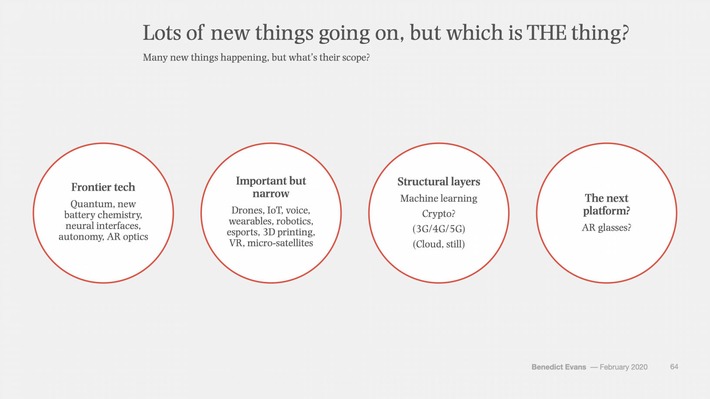

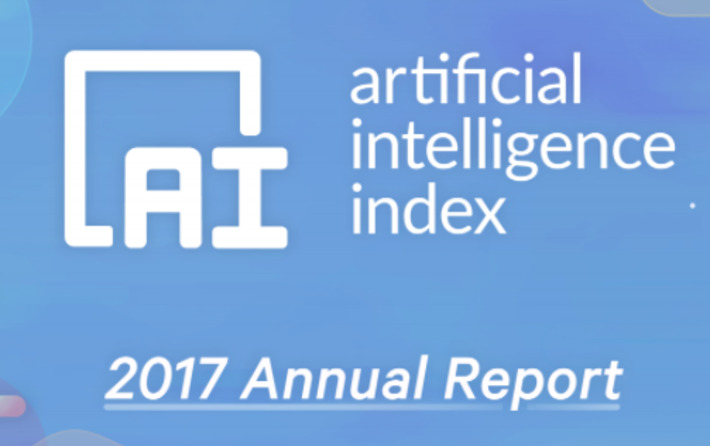
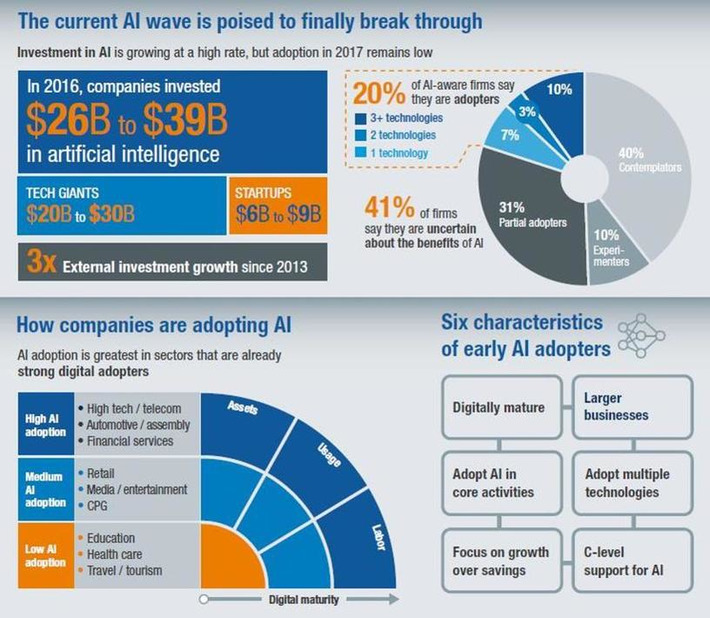




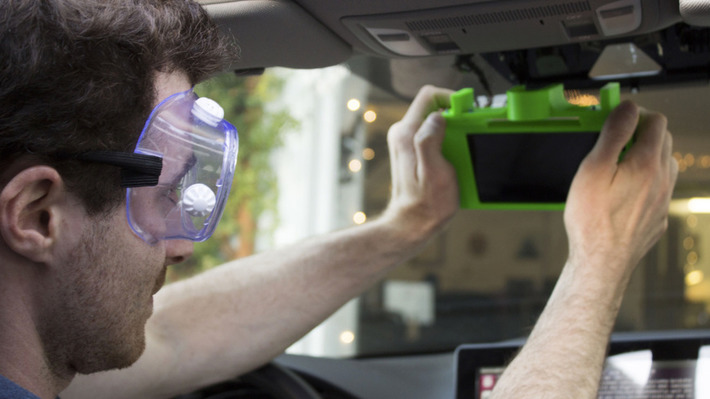
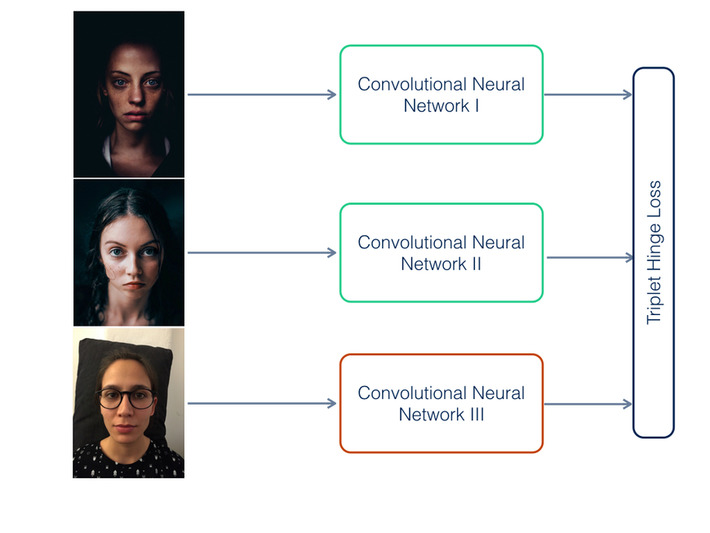









WHY IT MATTERS: this post is a bit theoretical for someone not bathing in digital transformation all day as I do (mostly). It explores what could come next but more importantly stresses an important fact: we now have a new platform - the mobile phone - in our pockets that has the potential to transform our world. We have started to see this with eCommerce - physical retail stores become irrelevant and we can price compare from anywhere - but we have yet to see the real impact of eCommerce+mobile+cloud+5G. THIS is what I think about most days...